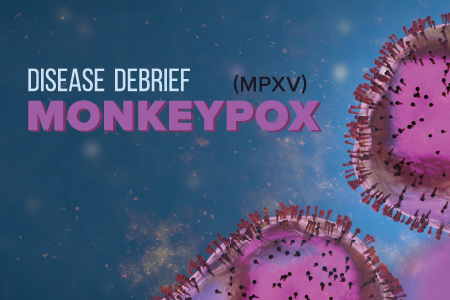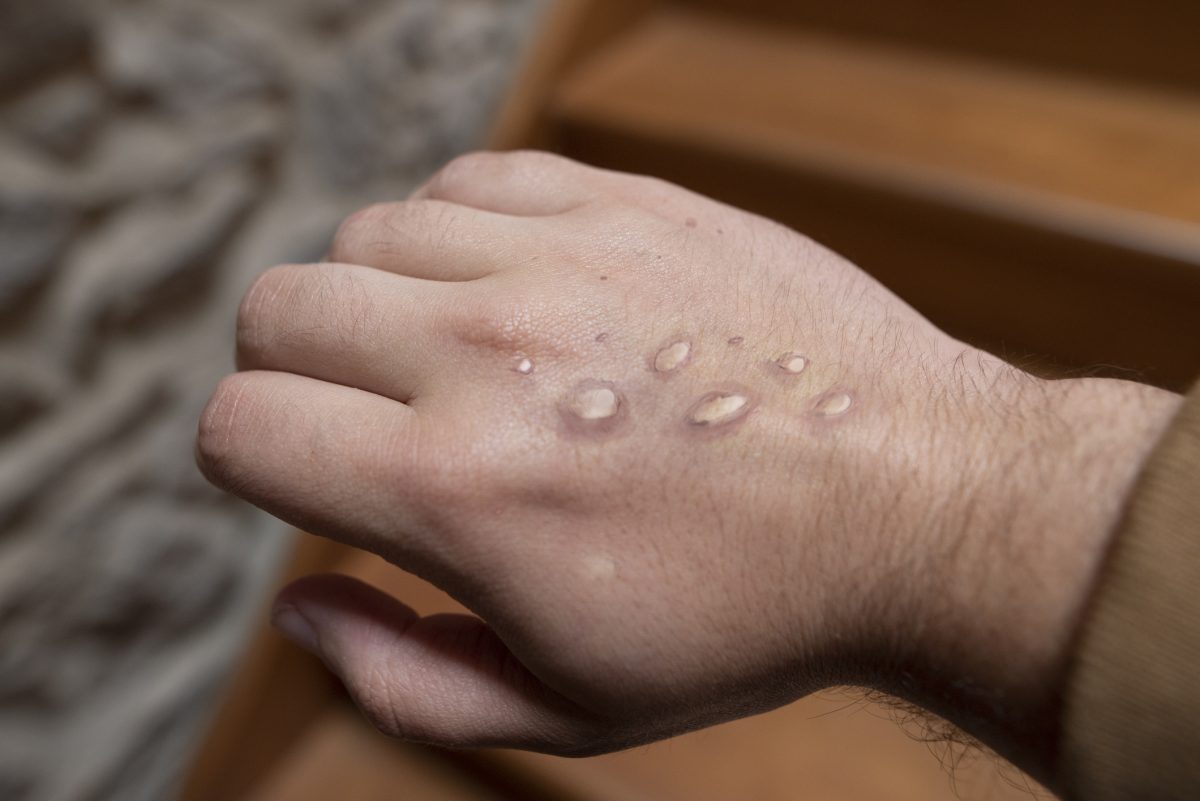Global Monkeypox: MPXV
 |
| Public Health Agency of Canada |
"Many ... well-intentioned officials appear fearful of saying something homophobic.""LGBTQ organizers have ample practice with informing their communities about a possible health threat and championing safe-sex practices.""Public-health officials should activate these resources rather than tiptoeing around the issue."Jim Downs, professor, historical study of infectious diseases, Gettysburg College
Back around 1985, when a terrifyingly mysterious new disease was appearing in gay-centric areas of New York and elsewhere around the United States, it wasn't uncommon to read or hear of dismissive comments that gays brought this dreadful malady on themselves. The immune systems of homosexual men completely broke down with acquired immunity-deficient syndrome. No one knew what to do, how it could be avoided, much less treated, The disease took its dread course and people died horrible deaths, but the straight majority felt fairly complacent, and from pulpits sermons thundered that the supreme one above was punishing gays.
Fast forward to 2022 and no one but the most die-hard homophobic-committed will break a sneer over just desserts at the sudden appearance globally of yet another disease linked to sex acts shared between men with other men. The saving grace, is that this new disease is relatively mild in comparison to HIV-AIDS. With monkeypox suddenly taking centre-stage, nudging SARS-CoV-2 out of the way temporarily, the development of another gay-sex punishment is being handled by public health somewhat differently.
No one wants to overtly call attention to the fact that the vast majority of those contracting monkeypox are males. And they are males of a specific group. Society at present is well and truly chastened, a far cry from when 'gay' was just another epithet to be tossed off in contempt against a swath of society that kept a low profile in avoidance of the backlash that was usually forthcoming at mention of gay sex, a bull's red flag for straight men who thought mocking and demeaning their gay brothers was fun.
The New England Journal of Medicine recently published the results of their study of the surprise outbreak of monkeypox outside of Africa, where the disease, while endemic, is still relatively unusual. It can have devastating effects on pregnant women and young children if infected. Yet another 'invasive species' from one corner of the world to another. The large study used a sample of 528 cases on four continents. Of the total, 13 percent saw hospitalization, the majority suffering "no serious complications", and no deaths.
For starters, HIV/AIDS was initially occurring exclusively within the gay population. Before eventually spreading to women and straight men, albeit not in overwhelming numbers. As with AIDS, monkeypox has been seen to afflict 98 percent men of the 528 cases studied. Furthermore 95 percent of the cases, according to the study, were transmitted sexually. In the first news coming out of clinics worldwide, those statistics were verified by diagnosis and observation.
Leaving government agencies and health authorities with a dilemma; how to transmit the information to the public clearly and honestly without risking a backlash against the gay community? The fear was that frank admissions of the disease's spread through same-sex physical intimacy would engender and "fuel hate" and risk spurring "unintended consequences".
The disease continues to spread, and to be treated. Its symptoms are not particularly worrisome. And it now has a global presence. The World Health Organization identifies monkeypox as a specific problem for gay men, advising that audience "for gay, bisexual and other men who have sex with men", mincing no words in addressing the concerned audience.
A letter was issued a month ago, co-signed by 29 medical experts recommending to the WHO that the word 'monkeypox' brings undue attention to Africa where it has a historical presence. First identified in monkeys, the disease crossed the species barrier in Africa. Which explains why photographs used by Western media so often depict African men whose skin shows monkeypox's effects.
New, replacement names for monkeypox to reduce the possibility of identifying the disease with a specific world region now that it has become a global health phenomenon are being considered. Such as MPXV-1, MPXV-2 or MPXV-a, as descriptives of the type. "MPXV", an acronym for monkeypox, too clever by half.
 |
"The symptoms of monkeypox virus are milder than, but similar to those of smallpox. One key difference is that monkeypox causes swollen lymph nodes (lymphadenopathy) while smallpox does not. The swelling can occur in many different locations on the body, or be localized, including lymph nodes of the neck and armpit. The incubation period (time from infection to onset of symptoms) for monkeypox is usually 7−14 days but can range from 5−21 days. In addition to swollen lymph nodes, early signs and symptoms may include fever, headache, muscle aches, exhaustion, backache, and chills. A rash develops on the body within 1 to 3 days (sometimes longer) after the appearance of fever, usually first on the face, then spreading to other parts of the body. The lesions progresses through the stages of macules, papules, vesicles, pustules, and finally scabs before falling off."National Collaborating Centre for Infectious Diseases, Public Health Agency of Canada
Labels: Africa, Global Spread, Majority Gay Men, Monkeypox, Precautions

0 Comments:
Post a Comment
<< Home